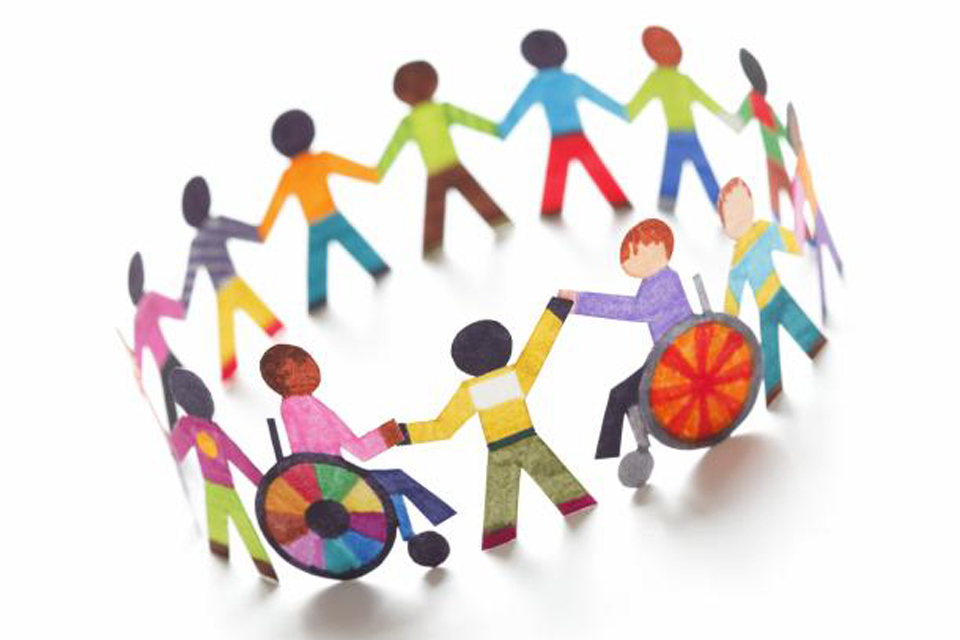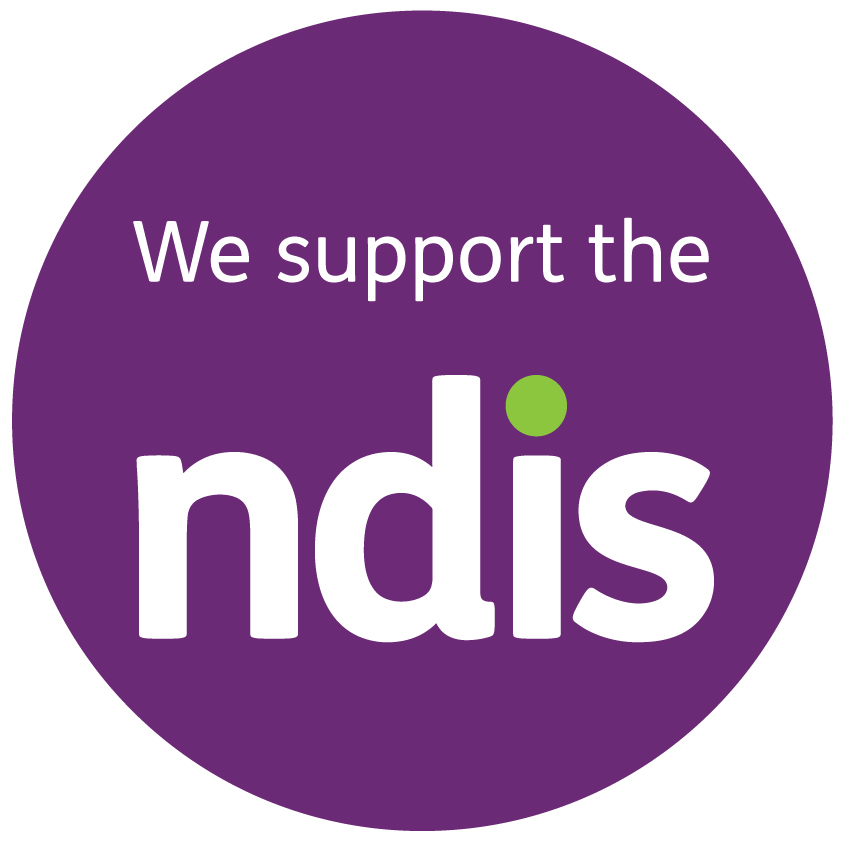Disability affects over 4 million people in Australia, with 6.5% of them living with an intellectual or developmental disability. There will also be a number of these people also living with one of the types of diabetes because they are 2-3 times more likely to develop this condition.
A person’s disability will frequently make it harder for them to look after their diabetes. This is especially so if they are severely physically disabled, have an intellectual, cognitive or severe psycho-social disability or Acquired Brain Injury.
There are many skills people need if they are to be able to adequately care for their diabetes.
This includes, amongst other things, being able to:
- Understand how their body works
- Understand where to find the healthy foods when shopping
- Prepare and cook healthy meals
- Lose weight if overweight
- Plan how to include exercise in your day
- Know what type of exercise is safe for you to do
- Being able to get yourself to health appointments
- Manage your tablets and injections
- Understand and put into action advice from your health professionals

Many people with a disability are not able to do these things on their own to care for their diabetes and will need the help of others. Their circle of support is likely to be needed to help them to do the actions they are not able to do on their own. The extent to which they need extra help, will depend completely on the person’s type of diabetes, their abilities and disability, as well as the skills of the people supporting them with their day-to-day care.
Health services are expected to make reasonable and necessary changes to enable people to get the healthcare they are entitled to receive. Australia has a long way to go if we are to achieve fully accessible health service.

It is important for people to get the help they need so their health is not negatively affected in the short and longer periods of time.
EdHealth Australia is a NDIS Registered Provider. Therefore, if you, or somebody you support with a disability is a NDIS participant, we may be able to help you with some of the services we customise to the needs of each person we work with.
People with diabetes can get lost when it comes to keeping their care on track because it can feel overwhelming at times. Ignoring diabetes can cause more problems than it solves and a Credentialled Diabetes Educator can help people to find their mojo again.
How does EdHealth Australia help?
In Australia, diabetes is a significant contributor to the 27 year shorter life expectancy of people with intellectual disability. EdHealth Australia delivers diabetes support to people with intellectual, cognitive and psychosocial disabilities and their circle of support, across Australia. EdHealth’s Credentialled Diabetes Educator services are combined and customised to wrap systems of support around each individual with diabetes to address their diabetes care needs. Barriers to the use of technology and injectable medication are removed with high quality support worker training. We equip them with the knowledge and skills to enable clients with diabetes to live a healthy lifestyle, access technology and treatment they were previously unable to access and optimise diabetes management. Training enables the administration of insulin via pen and pump delivery systems, monitoring of glucose levels via meter and continuous glucose monitoring and provides the option of prescribing injectable diabetes medications. Diabetes Management Plans provide a comprehensive, easy to read blueprint for person centred diabetes support; Picture resources increase self-care capacity.

